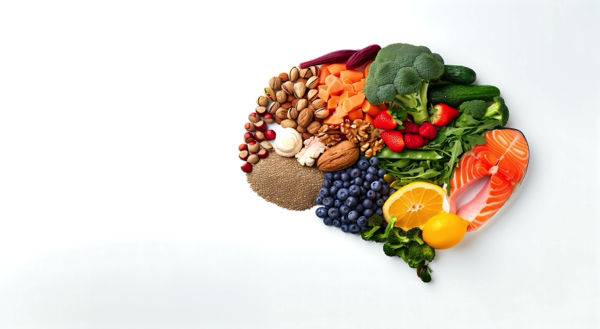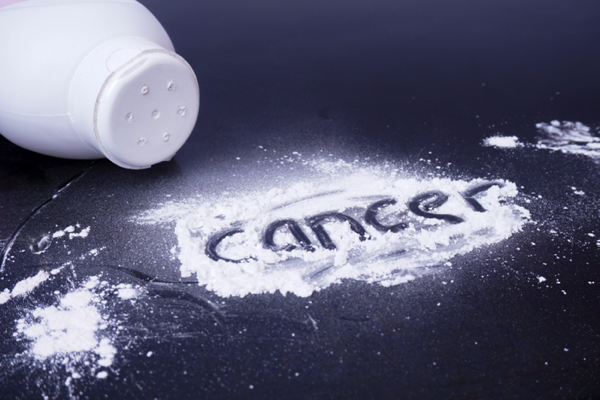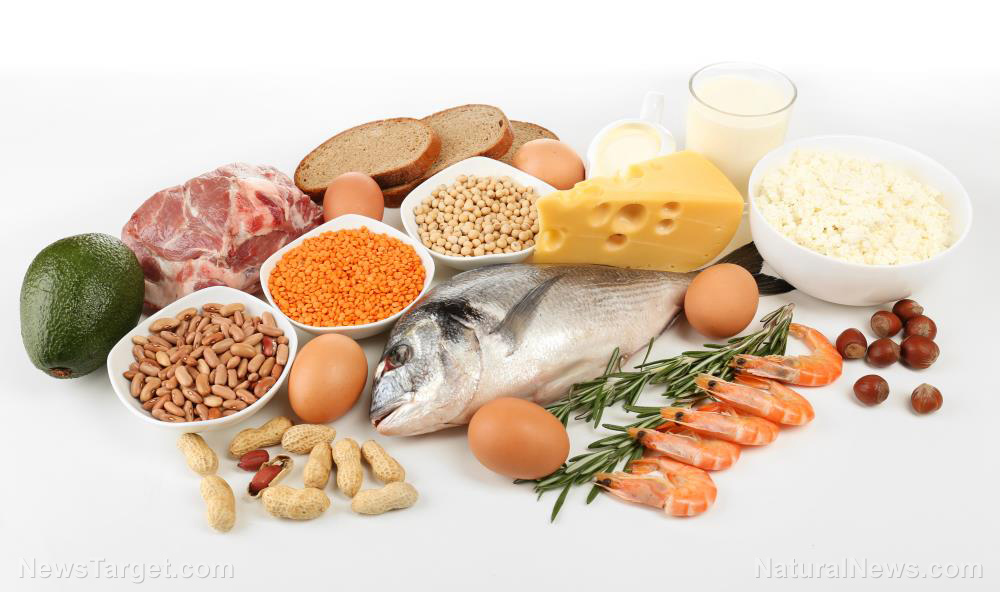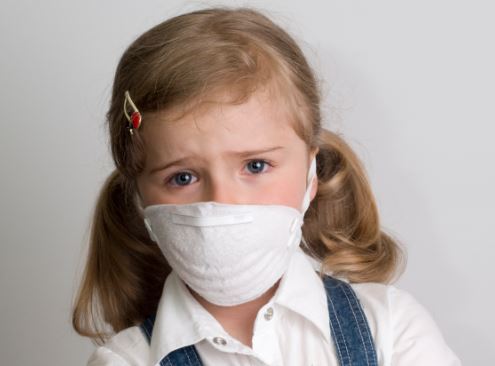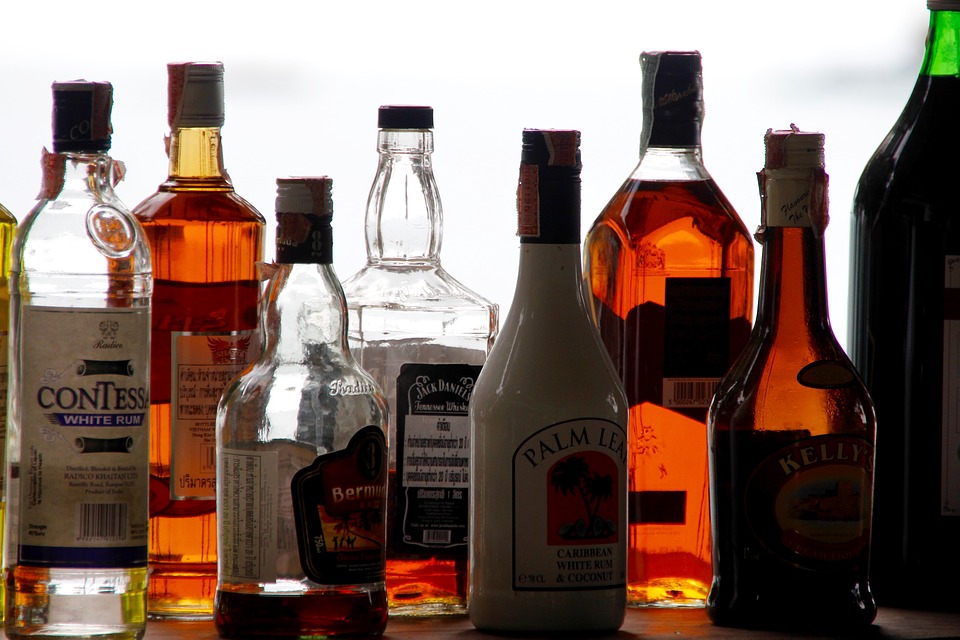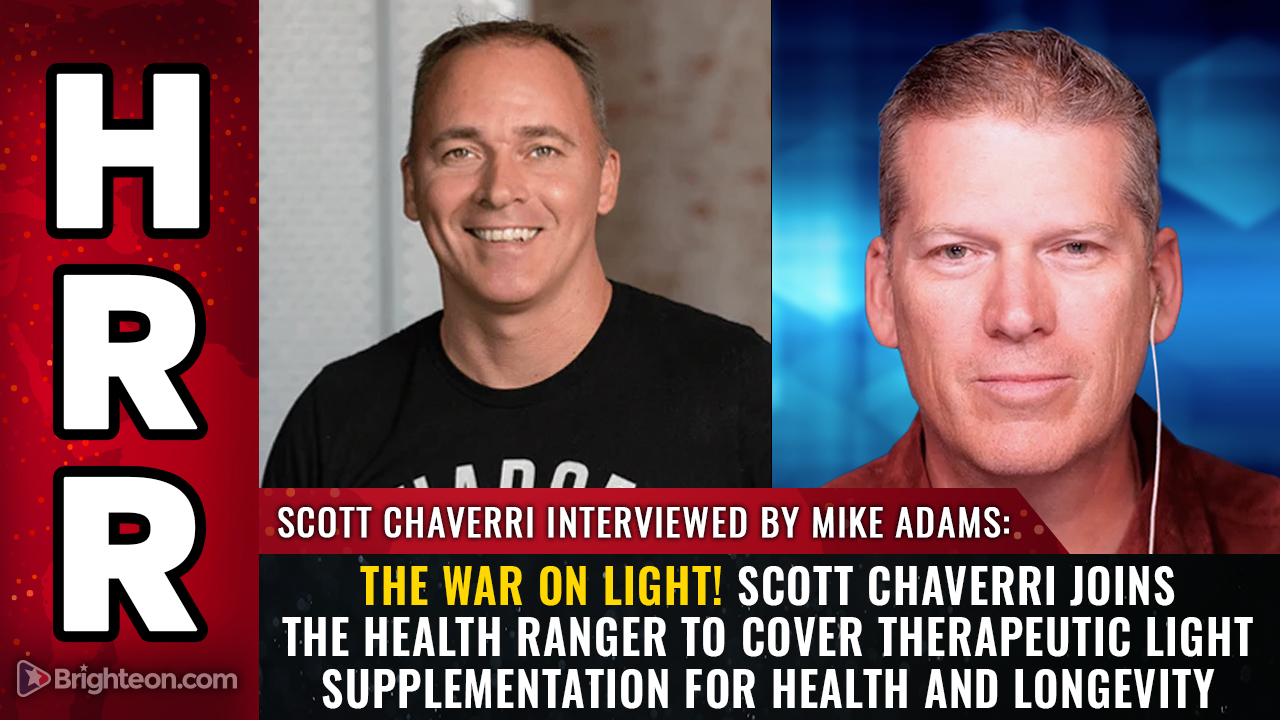STUDY: Ultra-processed foods raise the risk of LUNG CANCER, non-small cell lung cancer and small cell lung cancer
08/11/2025 / By S.D. Wells

Cancer rates are on the rise globally, and the Big Food Industrial Complex is mostly to blame. Natural health advocates have been warning the world for decades now about this.
A new study by Chinese researchers has found that diets high in ultra-processed foods (UPFs) — including packaged snacks, sugary drinks, processed meats and fast food — are associated with a significant increase in lung cancer risk. The research, which followed participants for 12 years, shows that those who consumed the highest amounts of UPFs had a 41 percent higher chance of developing lung cancer compared to those who ate the least.
- A 12-year Chinese study found that consuming ultra-processed foods (UPFs) — including packaged snacks, processed meats, sugary drinks and baked goods — was linked to a 41 percent higher overall risk of lung cancer, with a 37 percent increased risk for non-small cell lung cancer and 44 percent for small cell lung cancer.
- Participants with the highest UPF intake (about six servings daily) were more likely to develop lung cancer compared to those with the lowest intake (about 0.5 servings), while low consumption of minimally processed foods like fruits, vegetables, fish and whole grains was also associated with higher risk.
- Researchers identified potential cancer-promoting factors in UPFs, including carrageenan (linked to intestinal inflammation), acrolein (a toxic compound from high-heat cooking) and polychlorinated biphenyls (PCBs) from food packaging contamination.
- Experts warn that UPFs may increase cancer risk through gut microbiome disruption, systemic inflammation, oxidative stress and DNA damage, reinforcing recommendations to limit their consumption despite the need for further research.
Ultra-processed foods linked to higher lung cancer risk, study finds
Lung cancer is the second most common cancer in both U.S. men and women, with about 230,000 expected cases and 125,000 projected deaths in 2025. While overall rates are declining, cases among women and younger non-smokers are rising. Traditionally, smoking has been the dominant risk factor, but the study highlights how diet — particularly heavy consumption of UPFs — could also play a role.
The study found that high UPF consumption was linked to a 37 percent increased risk of non-small cell lung cancer (NSCLC), the most common type of lung cancer, and a 44 percent increased risk of small cell lung cancer (SCLC), a rarer but more aggressive form. NSCLC accounts for roughly 85 percent of all lung cancers and can spread rapidly. SCLC grows quickly and is known for early metastasis.
Participants’ UPF consumption was assessed through dietary questionnaires, with foods including chips, ice cream, breakfast cereals, instant noodles, sauces, sodas, processed meats, fast-food burgers, hot dogs and pizza categorized as ultra-processed. Those in the lowest-risk group averaged 0.5 servings per day, while those in the highest-risk group consumed around six servings daily. On average, participants ate about 2.8 servings per day.
The research also noted that many participants’ diets contained substantial portions of processed lunch meats (11 percent), caffeinated soft drinks (7.3 percent) and decaffeinated soft drinks (6.6 percent). Over the study period, 1,706 lung cancer cases were recorded — 1,273 NSCLC and 233 SCLC.
The scientists identified several possible biological mechanisms behind the link between UPFs and lung cancer:
- Carrageenan, a food additive used to thicken products like ice cream, yogurt, plant-based milks, deli meats and even some infant formulas, can cause intestinal inflammation, disrupt the gut microbiome and potentially contribute to lung cancer development.
- Acrolein, a toxic chemical found in cigarette smoke and formed during high-temperature cooking methods like frying, roasting, and baking, can damage DNA and promote cancer.
- Polychlorinated biphenyls (PCBs), industrial chemicals banned in 1979 but still found in the environment, can contaminate food via packaging materials or machinery. PCBs are classified by the EPA as “probably carcinogenic” and are linked to immune, reproductive, nervous system and endocrine damage.
The findings add to a growing body of evidence linking UPFs to various cancers, including colorectal cancer, through mechanisms involving DNA damage, inflammation and oxidative stress. Experts like Dr. Matthew Schabath of the Moffitt Cancer Center, who was not involved in the research, note that although UPFs are not yet formally classified as carcinogens, both lab and epidemiological studies suggest they are a significant potential cancer risk factor.
Researchers stress that more studies are needed but recommend limiting UPF intake in favor of minimally processed foods such as fruits, vegetables, fish and whole grains to reduce cancer risk. Bookmark Health.news to get the latest updates about preventable diseases that are exacerbated by Big Food and Big Pharma for profits.
Sources for this article include:
Submit a correction >>
Tagged Under:
additives, cancer criminals, food science, frankenfood, grocery, health science, lung cancer, poison, products, real investigations, research, stop eating poison, toxic chemicals, toxic food, toxic ingredients, toxins
This article may contain statements that reflect the opinion of the author



